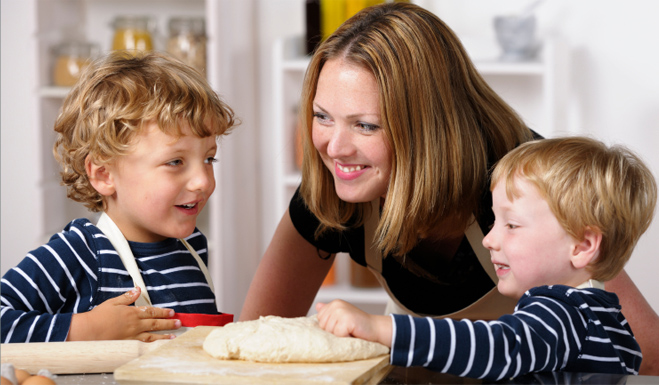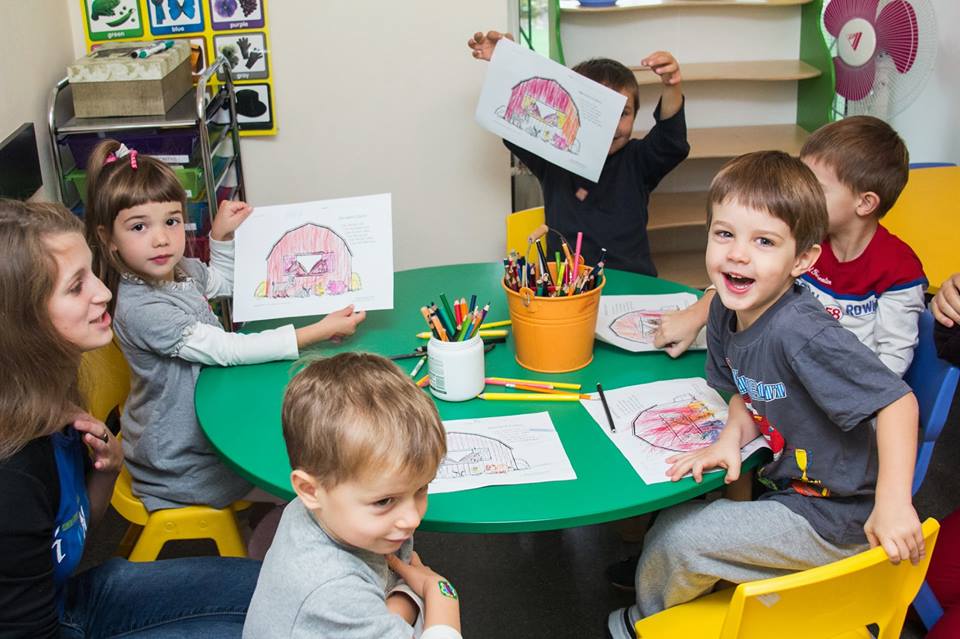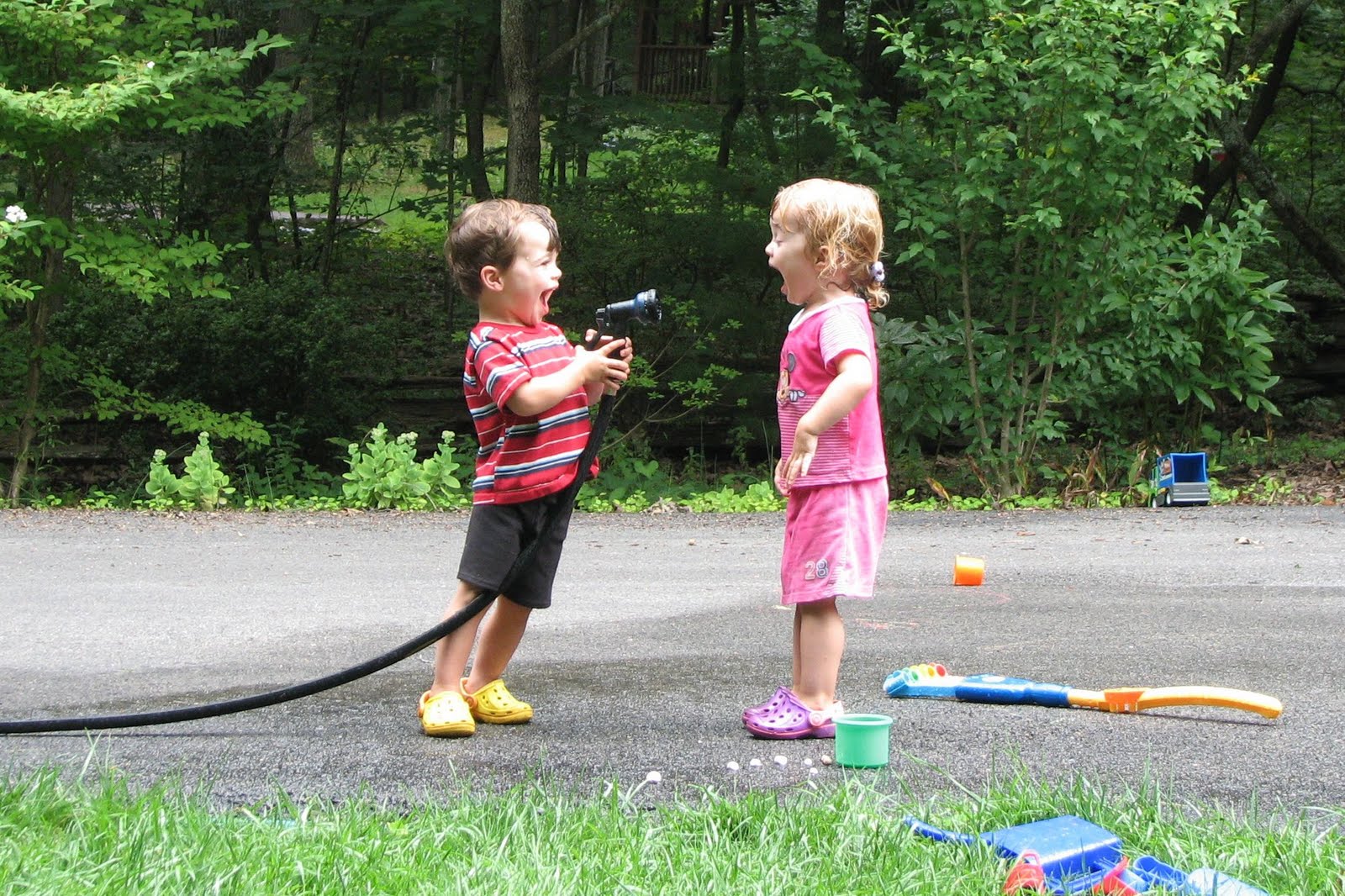It’s common to assume that once you’ve found the perfect professional with the help of the very best London Nanny Agency, it’s pretty much smooth sailing from that point on. In reality however things aren’t quite as straightforward as this, as even following the interview and having established full confidence in your chosen nanny, there’s still one monumentally important task to address:
Settling in with them.
It’s perfectly natural to feel a little on the weird side when letting any stranger into your home – be it a plumber, electrician or anyone else for that matter. However, while most such visitors are pretty much in-and-out in a short period of time, a nanny will be there for extended durations on a regular basis. Not only this, but they’ll have pretty much full-access to the whole of your home in a manner that nobody other than the immediate family has ever been granted. As such, it’s hardly surprising that there are often some early doubts and jitters that accompany the nanny-integration part of the process, so it’s best not to feel too bad if you’re not immediately comfortable with the idea of having the newcomer around.
The good news however is that the process can be made much simpler by following a precise plan of action in the form of a checklist created by you. A pretty comprehensive document and one for the mutual benefit of both of you, it’s a great way of making sure everything’s covered and important questions are answered.
Around the Home
For example, one of the sections of the checklist you come up with will detail all of the most important things you need to show the nanny and communicate to them, which may include:
Where everything they will need is stored around the home
How to use the appliances they’ll be needing to use
Where the kids and pets are and are not allowed to go
Where the nanny is not authorised to go
Any alarm codes and general procedures for locking up
Which areas of the kitchen/fridge have been allocated for the nanny’s use
Any cleaning practices you’d prefer to be followed
The list goes on and is best produced as you yourself go about a normal day at home, making note of anything the nanny might need to be aware of that’s not immediately obvious.
The Kids
Of course, the most important matter of all is that of the kids themselves and ensuring they are appropriately looked after. There will be many things that have to be learned over time and will change as they grow, but for the immediate moment when the nanny is just settling in, consider creating a list of essentials including:
What times of day the kids should be eating their meals
Sleep time, waking up times and any other important times to note
Any foods the kids either will not eat or cannot eat
The foods and drinks they like and should be given
Advice on portion control if deemed necessary
Preferences in terms of toys, games and entertainment
Where items for the kids are stored
Rules on playing outdoors
It’s of course impossible to create a comprehensive list of everything, but to cover the most important bits and pieces will at least instil a good sense of peace of mind.
Contacts and Introductions
Another section of importance to add to the document is that of contact telephone numbers and who should be reached out to in the case of any eventuality. The list should feature among others:
Contact numbers for the family doctor
Emergency dental telephone numbers
Mobile numbers of both parents
Alternative numbers if parents cannot be contacted
Electrician, plumber and other utility company telephone numbers
Vet telephone number if pets are present
It’s also a very good idea to introduce the nanny to your neighbours from the earliest possible opportunity, assuming of course you have the kind of neighbours you actually get on with. It’s a good way of breaking the ice and establishing a sense of trust, as opposed to having the neighbours think your home is being burgled day after day.
Getting Familiar
Last but not least, while it’s important to maintain something of a professional relationship with your nanny, it’s just as important that they become a valued and trusted individual the family likes to spend time with. As such, don’t ever overlook the value of asking them along to dinner, family events, outings or even casual nights in during the first few days and weeks at least – all of which can help build invaluable bonds.




